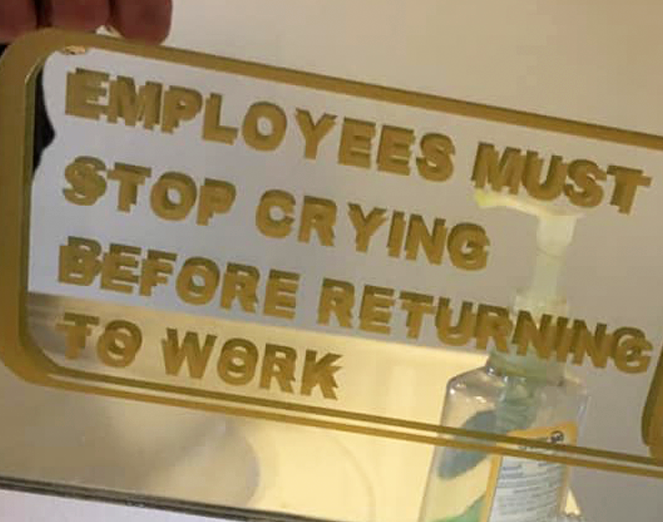

I think they’re going to give him newly-issued stock, not cash. However, the newly issued stock will not be backed by new capital (i.e. nobody would have given the company money in exchange for the stock), so what will happen is that existing shares will have their values diluted, i.e. they will be worth less.
In other words, shareholders will pay for Elon’s compensation by devaluing their investments, and not by drawing money out of Tesla’s coffers.
$56B is roughly 10% of Tesla’s market cap of $581B, so shares should be devalued by about that same rate.




VOA News is not a reliable news source—it’s literally a taxpayer-funded propaganda outlet of the USA. Since the Trump administration the organization has been pumping out odd conservative talking points.